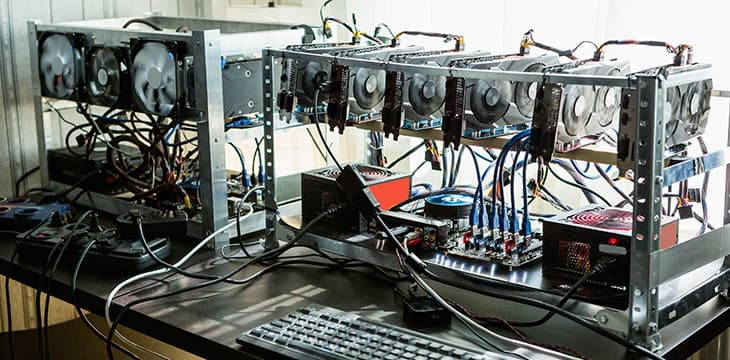Iran has issued a flat ban on block reward mining activities in the country, outlawing the practice until at least September over concerns about the impact on national energy supply.
President Hassan Rouhani announced the ban at a meeting of the cabinet earlier this week, saying the measures would last until at least September 22. The move follows significant disruption to energy supplies in recent weeks, including blackouts across the country’s capital, Tehran.
Officials in the Iranian government have been quick to identify block reward mining as a source of the supply problems, citing the 85%+ of unlicensed mining activity thought to be going on across the country.
Iran accounts for some 4.5% of global digital currency mining activity, of which the vast majority is still mining BTC. The low cost of energy in Iran has been a significant factor in its appeal for miners, as well as the ease with which digital currencies can be used to pay for imports.
The energy consumption requirements of mining digital currencies like BTC are significant, leading to widespread criticism of the environmental impact of the practice.
With energy supply in Iran already under substantial pressure with regular usage, the measures introduced by the government are being brought forward in a bid to protect national supply, and reduce the number and duration of blackouts in the country.
Alongside digital currency mining, heat and drought in the country have caused further problems, with precipitation levels down 43% on the long-term average, amid surging demand from domestic users.
The crackdown comes along at a similar time to measures being proposed in mainland China, which would also put a halt to digital currency mining and trading. Separately, in the country’s Inner Mongolia region, authorities have announced plans to completely ban block reward mining as part of measures to achieve carbon neutrality.
See also: TAAL’s Jerry Chan presentation at CoinGeek Live, The Shift from Bitcoin “Miners” to “Transaction Processors”
Source: Read Full Article
